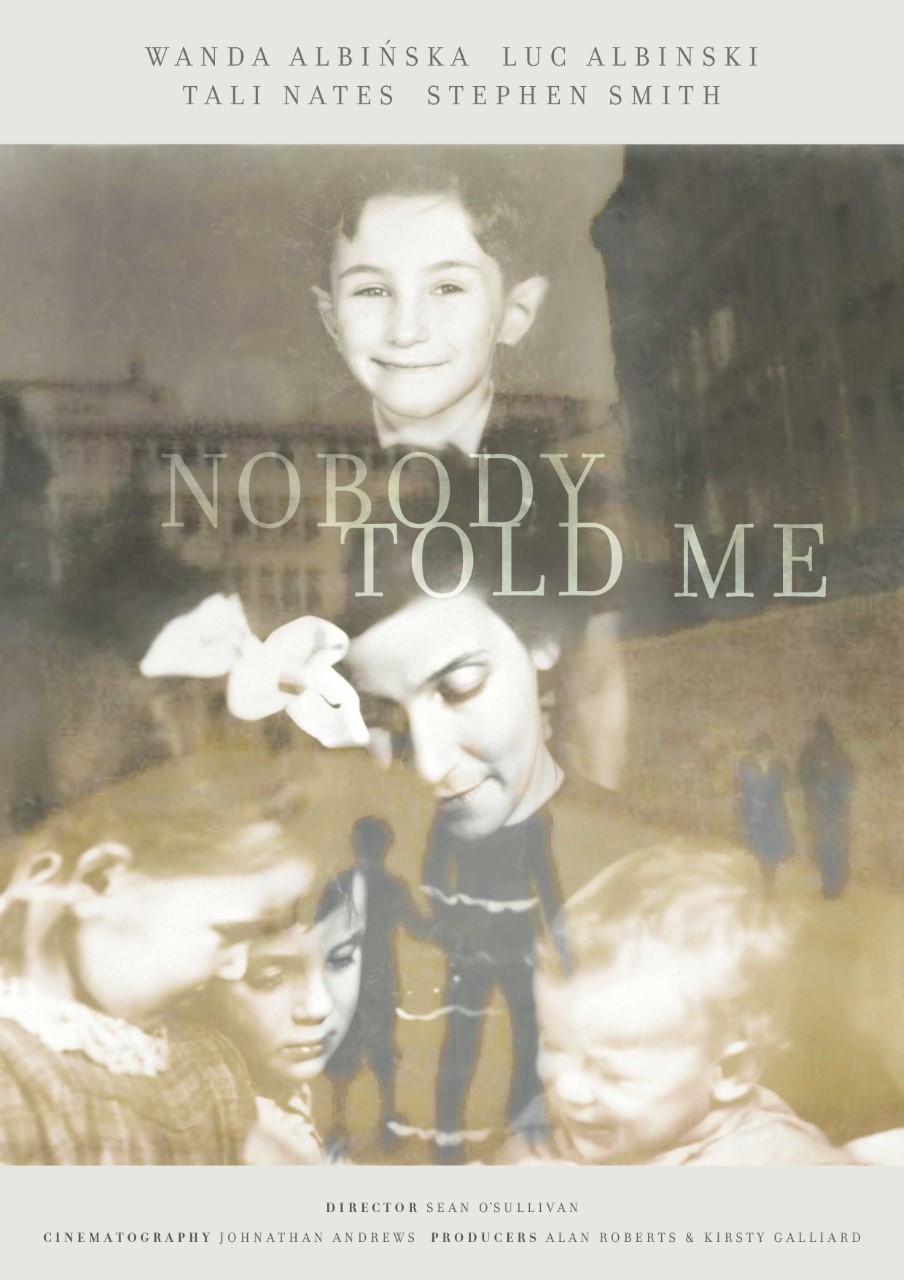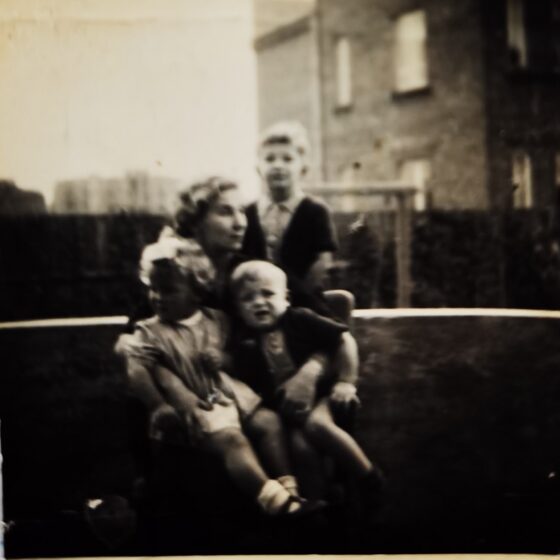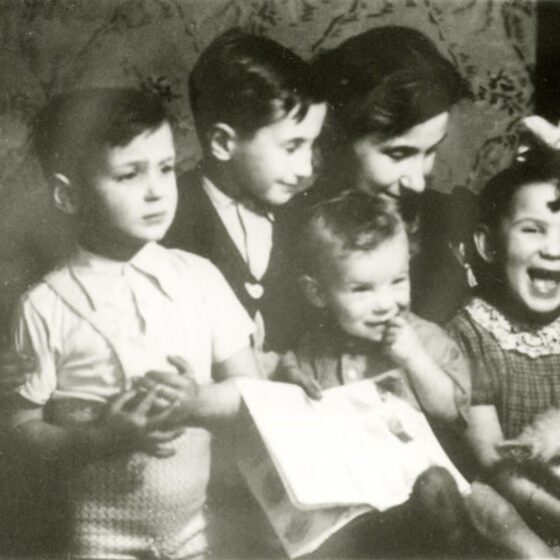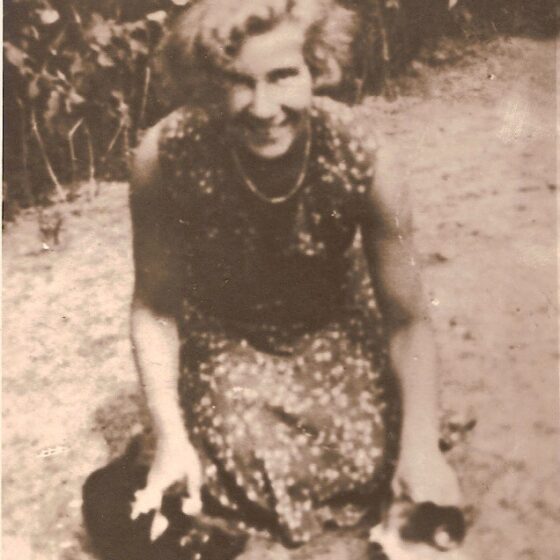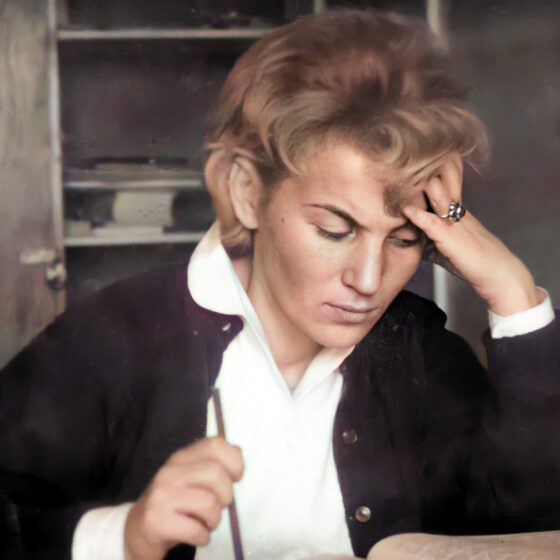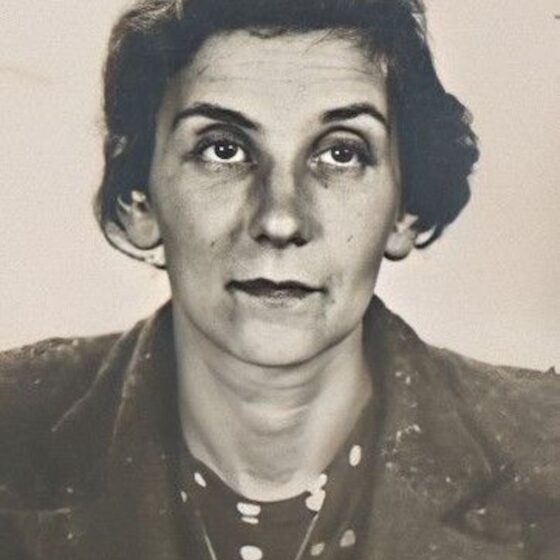Nobody Told Me
‘Nobody Told Me’ is a short twenty-seven minute documentary that tells the story of Dr Halina Rotstein, a dedicated doctor, who graduated from the University of Warsaw’s Medical Faculty in 1930, left medicine for a few years to bring up four children after marrying a wealthy Polish-Jewish industrialist, before being drawn back into medicine by the urgency of the Second World War. Read more below.
ABOUT FILM
CREDITS
SCREENINGS AND AWARDS
FILM POSTER
ABOUT FILM
‘Nobody Told Me’ is a short twenty-seven minute documentary that tells the story of Dr Halina Rotstein, a dedicated doctor, who graduated from the University of Warsaw’s Medical Faculty in 1930, left medicine for a few years to bring up four children after marrying a wealthy Polish-Jewish industrialist, before being drawn back into medicine by the urgency of the Second World War.
Her Jewish husband, considered an obvious target for the Nazi invaders due to his prominence, tried to escape but was caught by the Soviets and sent to work in the USSR. Halina was left with her children to fend for herself and as a volunteer doctor treated hundreds of soldiers and civilians who flooded the makeshift field hospital where she worked.
Once Poland had been conquered by the Nazis and their Soviet allies, she began working at the Jewish Old Order Hospital in Warsaw which was soon to be forcibly relocated to the newly created Jewish ghetto. There, she experienced the horrors of ghetto life first-hand, the violence, the typhoid and typhus epidemics and the mass starvation. Attempting with very few means to help her patients during long days in the ghetto hospital wards, Halina read bedtime stories in the evenings to her children living in misery, starving and sick, in a dark hospital basement.
The documentary tells us how Halina’s children escaped the ghetto and how her friends, fellow doctors, risked their lives and those of their families to hide the children on the Aryan side. The film also delves into what made Halina stay behind in the ghetto. It explains what she was doing, what her responsibilities were, at the Stawki Street hospital, right by the main deportation site, the Umschlagplatz, during the terrible weeks of the Great Deportation.
The film ends with remarkable footage of the remains of the ghetto after the war. Her daughter, Wanda, now an elderly woman, is searching for answers among the silent stones of Treblinka. She reflects on the choices her mother made and how these choices impacted her life as a young girl and then later as a university student in post-war Poland. We learn how her views of her mother evolved as she matured and had children of her own and acquired a deeper understanding of the inhumane weight of her mother’s choices.
Thanks to generosity of people such as Sam Bryan, the son of the legendary photographer and filmographer, Julien Bryan, and archived footage from the US Holocaust Memorial Museum amongst other institutions, the film includes rare scenes of Warsaw under siege as the city is being bombed by Nazi planes, heart-rending shots from the Warsaw ghetto and colour shots in rich brown and red of the ruins of post-war Warsaw.
Duration: 27 minutes; Language: English
CREDITS
Director:
Sean O’Sullivan
Starring:
Wanda Albińska, Luc Albinski, Tali Nates, Stephen Smith
Filmography:
Johnathan Andrews & Sean O’Sullivan
Producers:
Alan Roberts & Kirsty Gaillard
Distributed by:
LOGTV, LTD
SCREENINGS AND AWARDS
SCREENINGS
• Ghetto House, 2022
• Galicia Museum in Krakow, 2022
FILM POSTER
